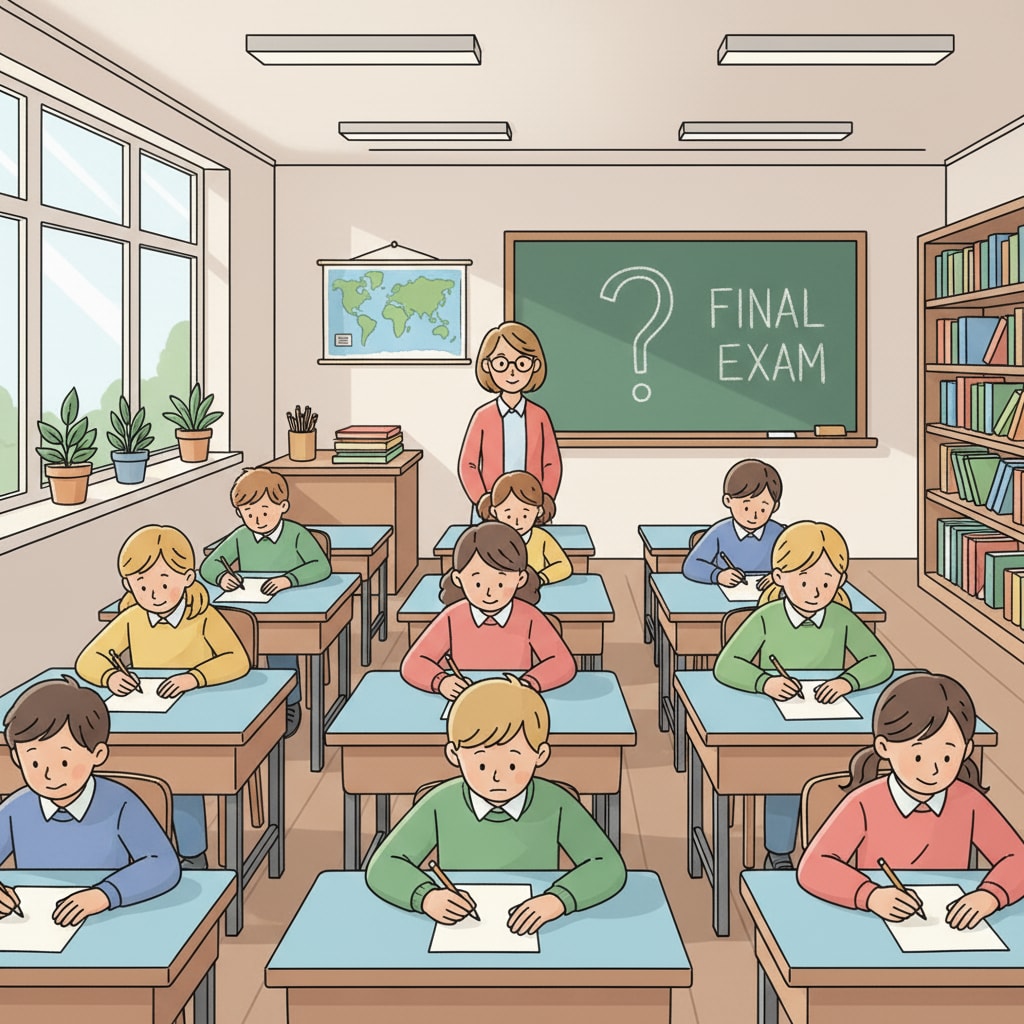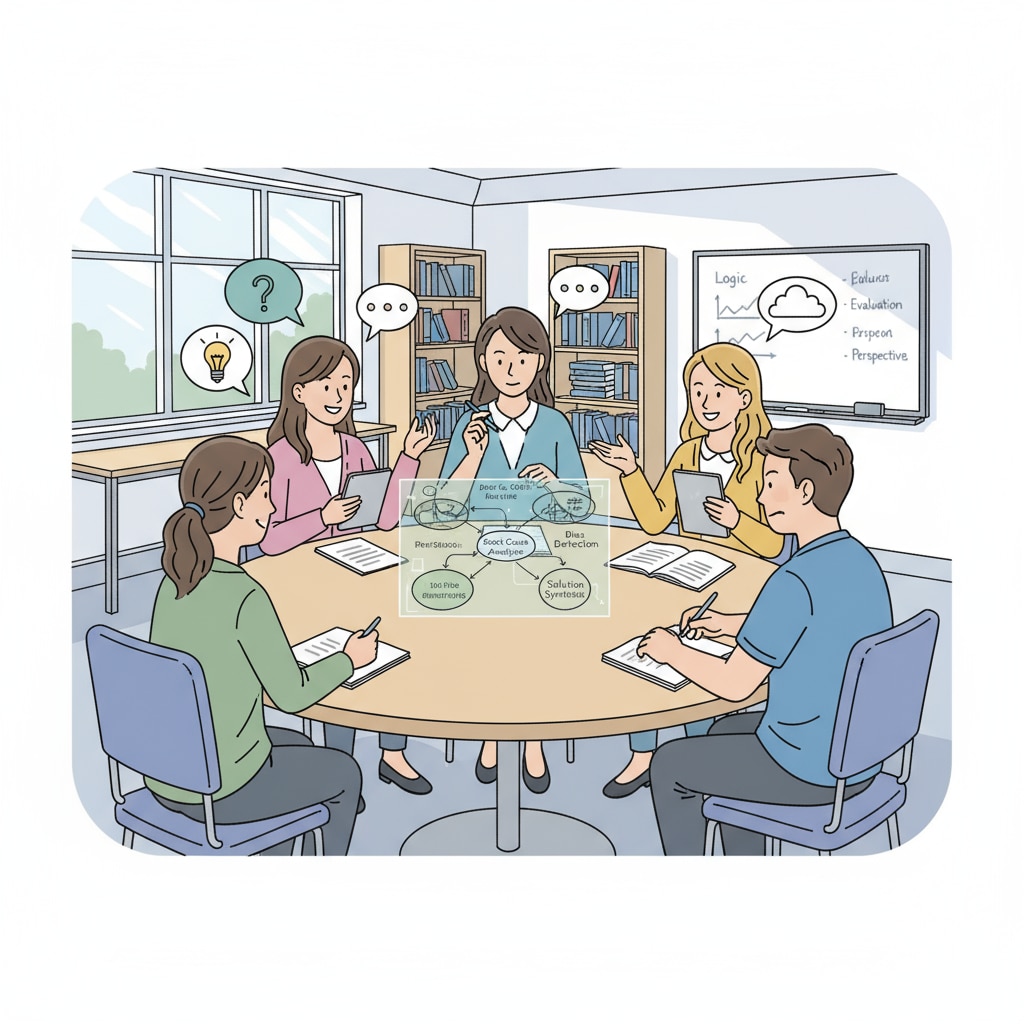In the realm of contemporary education, the reliance on standardized tests has become a cornerstone for evaluating students. However, the question looms large: can these tests truly measure a student’s comprehensive learning ability, especially when it comes to aspects like memory and critical thinking? Standardized tests have long been a staple in educational systems worldwide. These tests are designed to provide a uniform way of assessing students’ knowledge and skills. But, as we will delve deeper, they often fall short in measuring the full spectrum of learning.

The Limitations of Rote Memory Focus
One of the major drawbacks of standardized tests is their heavy emphasis on rote memory. Most questions in these tests require students to regurgitate facts and information they have memorized. For example, in a history test, students might be asked to recall specific dates or events without necessarily understanding the broader context. This focus on memory does not encourage students to think critically about the subject matter. According to Wikipedia’s Education page, rote learning can be effective for short-term retention but fails to develop deeper understanding and analytical skills.
The Neglect of Critical Thinking
Critical thinking is a crucial aspect of learning that is often overlooked in standardized tests. Critical thinking involves analyzing, evaluating, and synthesizing information to form well-reasoned judgments. Standardized tests rarely present complex problems that require students to apply critical thinking skills. Instead, they offer multiple-choice or fill-in-the-blank questions that have straightforward answers. As a result, students may not be challenged to think beyond the surface level. Britannica’s article on education highlights the importance of fostering critical thinking in students for their overall development.

Moreover, standardized tests do not account for creativity and problem-solving abilities. These are essential skills in the real world but are not effectively measured by the current format of these tests. A student who can think creatively and come up with innovative solutions to problems may not shine in a standardized test environment. This narrow focus on memory and lack of emphasis on other important skills means that standardized tests may not be a true reflection of a student’s learning potential.
Readability guidance: By highlighting the limitations of standardized tests in terms of memory focus and neglect of critical thinking, it becomes evident that a new approach to assessment is needed. We must move beyond these tests to truly understand a student’s capabilities and potential.


